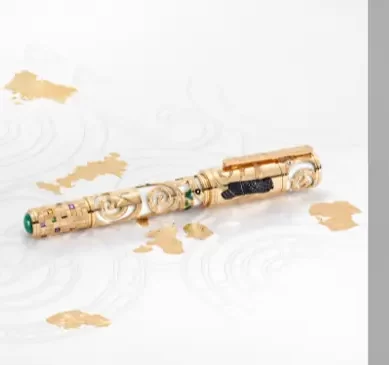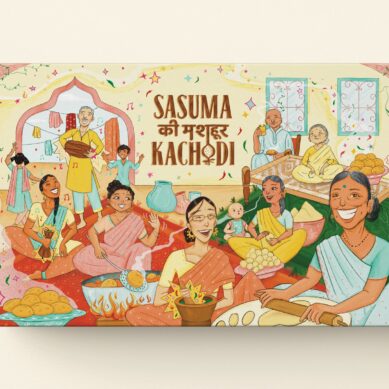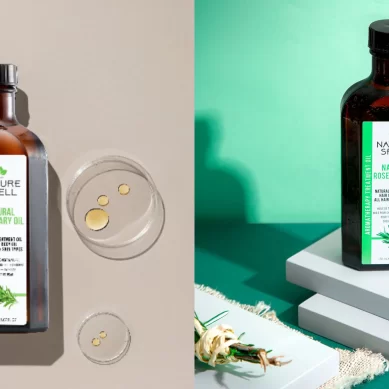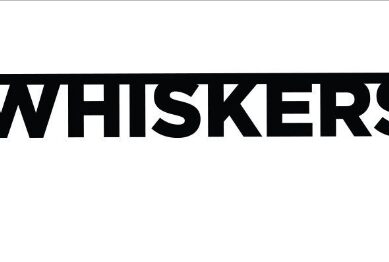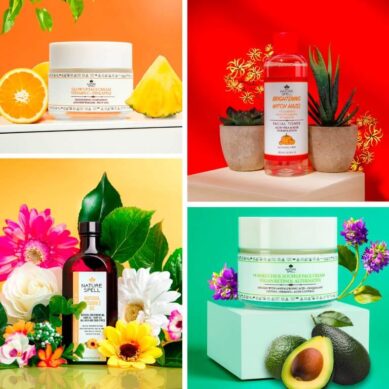
We often talk about how we are growing as a nation and how the thinking and consideration among our people is becoming better and broader day by day! But why the matter of taxation on sanitary pads considered so tiny and ignored? Find out the facts and points about what we think about this subject
What is GST?
It is the biggest tax reform since 1947. The country welcomed a new tax regime, GST, on 1st July. It embodies the principle of one nation, one tax, and one market.
Now the concern is, the goods and services tax for pads is – 12%.
Basically, we are being taxed for being a woman. We don’t really have a choice about our periods. There has been a never-ending list of people putting us down for being unclean and believing that menstrual blood is polluted.
A minister in Tamil Nadu said, he’d like to have an X-ray scanner to check for menstruating women so that the temples are not being polluted. How sad is that?

Photo Courtesy : TheQuint.com
The sadder part is our government does not realize, if they do not give women their rights, people like these ministers are not going to stop.
Now, Why do we pay tax? What is it used for?
Tax, in the definition, is used by the government to invest in technology, education, health-care systems, and to provide goods and services for the benefit of the society.
It’s just not fair and we need to be acknowledged as equal & strong citizens of this country.
Why there shouldn’t be any tax on sanitary pads?
*According to an AC Nelson study, insufficient menstrual protection makes many adolescent girls miss school for at least 5 days a month i.e., 50 days a year.
*Of 355 million menstruating women, only 12%use sanitary napkins. They cope up with sub-optimal alternatives like cloth, sand, husk and even ash.
*97% of the gynecologists believe that sanitary napkins can act as a preventive measure against reproductive tract infection, it can act as a precautionary measure to reduce the risk of cervical cancer.

Photo Courtesy : THE TIMES
For a lesser known fact
Usha Multipurpose is a co-operative bank run by sex workers. Entities supply napkins to this society and they may stop doing so. Where the society is one of the largest of its kind in India.
It has 30,222 members hailing from Bengal and provides sanitary napkins and condoms to thousands of sex workers at a subsidized rate. The bank used to procure 1 sanitary napkin at ₹ 3.33 and sell at 63 paise. After the implementation of GST, the bank will have to pay 8 for one napkin. This will result in the sex workers refraining to use them and become more vulnerable to health hazards.
Women in a low-income family, even though sanitary napkins are available to them very easily, will rather use cloth or other means to save money without realizing the health risks. We do not need Sindoor, Bangles, Bindi etc (which are all tax-free by the way) to define our femininity. We reserve the right to hygiene. If condoms can be tax-free which of course are used by both man and woman, Sanitary napkins should definitely be tax-free to protect women health.
All the items mentioned above-being tax-free are sexist, because it encourages beauty-enhancing behavior and discourages hygiene-enhancing behavior. Sanitary napkins are not luxury, it is our need.
FACT: Kenya raised 5 million dollar budget for the purpose of giving free sanitary pads for the year 2017-18.
We are not asking for you to make them free at least don’t tax us for our rights.



